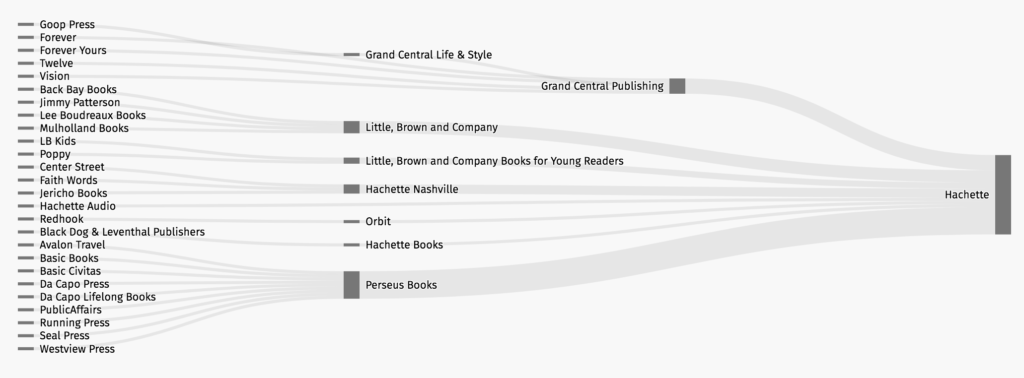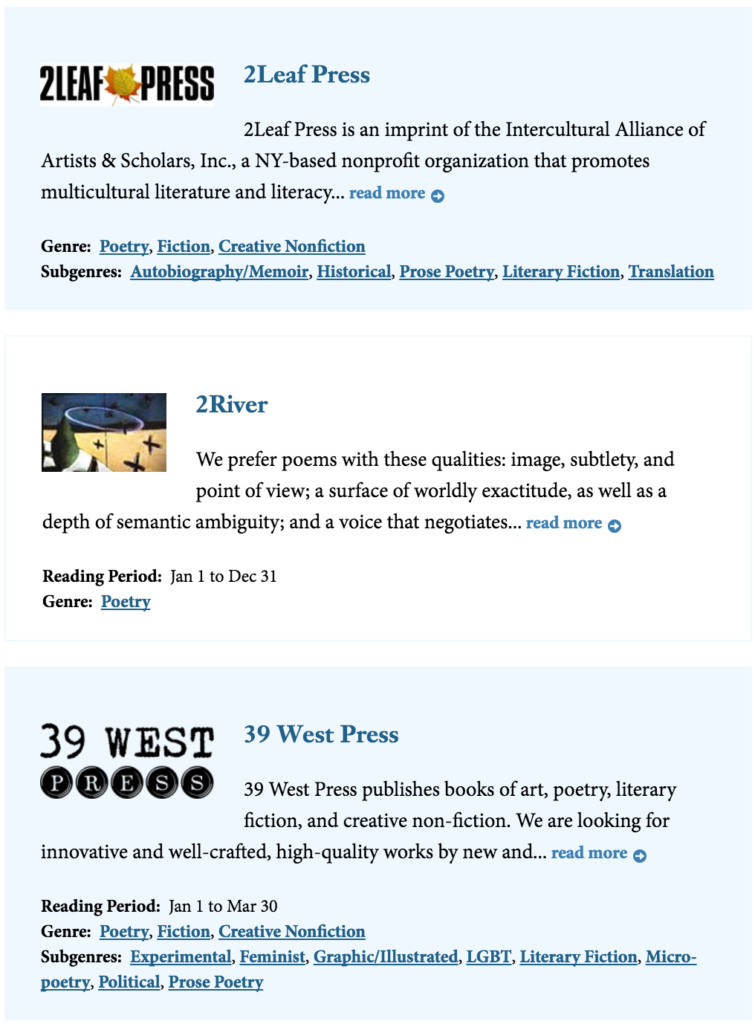We all know that to hook readers a story’s beginning must have impact. But how do we do that? There are books on how to write a great first line, how to make those first scenes powerful, how to make the reader want to turn the page. Yet, despite all that information, sometimes it still doesn’t work. When writing the first draft, remember that your only task is to record the story in your head and not to give yourself writers block by trying to write or start it perfectly. Write it, then focus on specific elements. The starting point for your story may change, scenes either thrown out or rewritten. All that said, if you know where to start, you may have less work to do later.
Stories have patterns. These patterns are specific to genre. Every genre has conventions and consciously or subconsciously, readers expect them to be met. The first scenes signal genre and they tell the reader what kind of story to expect. Is it a romance? A thriller? A crime drama? Fantasy or science fiction? Or some combination? Even with a combination, genre expectations must be met in the story and more importantly, they must be signaled at the start. For example, in a science fiction crime drama, the crime genre has conventions which need to be met: a dead body, a sleuth (amateur or detective), a discovery of the body scene, an investigation with false clues, the sleuth confronting the murderer, and a resolution (justice, injustice or irony where the sleuth loses something in the process). Science fiction explores the consequences of scientific innovation in settings which can range from near future Earth, to outer space, other planets, all of which may have realistic or fantastic settings.
How does one do this? Here’s an excerpt from the opening of Robert J. Sawyer’s novel RED PLANET BLUES:
The door to my office slid open. “Hello,” I said, rising from my chair. “You must be my nine o’clock.” I said it as if I had a ten o’clock and an eleven o’clock, but I didn’t. The whole Martian economy was in a slump and even though I was the only private detective on Mars this was the first new case I’d had in weeks.
“Yes,” said a high feminine voice. “I’m Cassandra Wilkins.”
I let my eyes rove up and down her body. It was very good work; I wondered if she’d had quite so perfect a figure before transferring.
Immediately, we know we’re reading a detective story set in a science fiction world.
Opening scenes don’t always have to be about the plot itself. For example, thrillers establish the genre, characters and promises to the reader about the type of story it is by opening with action scenes unrelated to the core plot, but with action scenes showing the protagonist as a person of action and a hero of the situation. Think James Bond movies for this example. They start with action, not the quieter bits with him going to get his orders to save the world – those appear later. Thriller writers such as Clive Cussler, employ prologues filled with action adventure set in the past. Cussler’s prologues not only set the importance of the book’s quest for a relic or item, but the action sequences and the drama signal the type of story the reader can expect.
Writing to establish the genre helps avoid the dreaded ‘info dump’ wherein the world’s or protagonist’s backstory are explained to the reader. Readers don’t want a biography or a lesson in the geo-politico-socio-economic issues of the world. They don’t care about the why of the character or the world until they know what’s at stake for the protagonist. Only then does the why become part of the how will it be done? and what happens next?
It’s a strong confident opening readers want in which they trust that you will reveal information when it’s pertinent, that you as a writer trust them to help solve the puzzle you’ve created for your protagonist. The confident opening makes us ask questions – who is this person? What is he going to do? What happens next? Actions speak louder than words, so if the social cues say she’s a talented mage, for example, why is she shackled and drowning in a well? As long as every new scene raises questions they will remain engaged in the story.
But we’ve gone through so much work creating the world, in understanding our protagonist and antagonist. This information must be revealed! Yes, some of it must be revealed. When is the best time to do this? Only when the story can’t move forward without it otherwise, it’s an info dump. Until then, keep readers asking questions and avoid the info dump.
In the excerpt from RED PLANET BLUES, we are signaled that it’s a science fiction detective story. The words “the first new case I’d had in weeks” tell us that the protagonist has fallen on hard times, that he doesn’t have a dime in his pocket, and that he’s desperate for work. “Mars” and “quite so perfect a figure before transferring” tell us that it’s science fiction set in a future where mars is colonized and there are intriguing scientific advances. With no info dumping, Sawyer has given us the genre expectations, set the scene, created tension because he has us wondering what will happen next (Will the private detective get the job? But if he’s aching for cash, will he take the job even if it’s a dubious one?). We have other questions too: Why is the private detective on Mars? Who is the woman? What is a transfer? Why is the Mars economy in a slump?
Here’s where I think we get into trouble about where to start our story. Too often info dumps, whether it is about the character or the setting, are about the disorganizing event, the thing that sets the world into chaos and that happens before the story begins. For example, Shakespeare’s play, Romeo and Juliette doesn’t start with whatever set off the feud between the families. The feud is a given and the story starts in the drama of the situation. Dystopian stories don’t start with how the world as we know it ended. They start with the established socio-politico norms. RED PLANET BLUES doesn’t start out by telling us about how and why people colonized Mars, or the disorganizing event that put the Mars economy into a slump, or why the protagonist is on Mars. Those reveals come much later when the information is needed to move the investigation and the story forward.
Besides utilizing genre expectations to hook your reader, there is one more thing to be aware of: the opening of a story is a set up for the inciting incident (the central conflict) and its complications – the situation your hero is going to try to get out of for the rest of the book.
Captivating stories have an inciting incident that sets the story in motion, something that signals the central conflict, the problem our protagonist must solve in order to go from chaos to order. Once the problem is established with the inciting incident, a complication arises which raises the stakes. These stories (as all do) start with chaos and work to establishing order from that chaos although that doesn’t mean that it’s always successful and if it is, that the ending is happy.
Understanding the conventions of the genre you’re writing in will help avoid the dreaded info dump and it has the added benefit of informing the timing of the inciting incident and the pacing of arising complications and information reveals. More importantly, it’ll help you hook readers so that they’ll keep turning the pages to experience the wonderful and wild world you’ve created!
 As you can see from just this branch, the chart is comprehensive, and is a good resource if you want to find an imprint of any of the top (and largest) publishers.
As you can see from just this branch, the chart is comprehensive, and is a good resource if you want to find an imprint of any of the top (and largest) publishers. If you’ve established that the publisher you’re looking for isn’t an imprint, here’s a fantastic resource in Poets & Writers for almost every small press: https://www.pw.org/small_presses.
If you’ve established that the publisher you’re looking for isn’t an imprint, here’s a fantastic resource in Poets & Writers for almost every small press: https://www.pw.org/small_presses. The Science Fiction & Fantasy Writers of America website has an entire page dedicated to information about small presses, including warning signs one should know to look out for when considering a smaller press. While it’s a lot of information, it’s well worth the read and worth bookmarking for future reference: http://www.sfwa.org/other-resources/for-authors/writer-beware/small/. At the end of the article, SFWA lists a number of additional resources.
The Science Fiction & Fantasy Writers of America website has an entire page dedicated to information about small presses, including warning signs one should know to look out for when considering a smaller press. While it’s a lot of information, it’s well worth the read and worth bookmarking for future reference: http://www.sfwa.org/other-resources/for-authors/writer-beware/small/. At the end of the article, SFWA lists a number of additional resources.
 You know when you’re knee deep in a project and then you get that shiny new idea? And you’re like, “But Brain, I don’t write Historical Fiction. You must have me confused with a better brain that likes to research things to death.” And yet, you love the idea so much, you decide, maybe one day, you’ll write that shiny idea into a book or short story, or *gulp* a series.
You know when you’re knee deep in a project and then you get that shiny new idea? And you’re like, “But Brain, I don’t write Historical Fiction. You must have me confused with a better brain that likes to research things to death.” And yet, you love the idea so much, you decide, maybe one day, you’ll write that shiny idea into a book or short story, or *gulp* a series. Read.
Read.